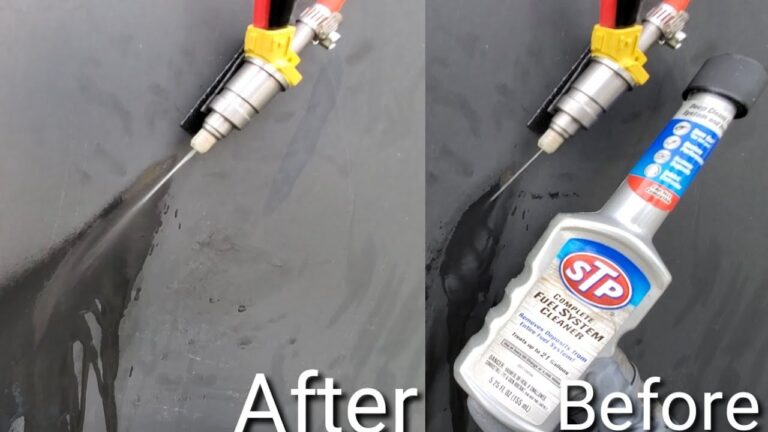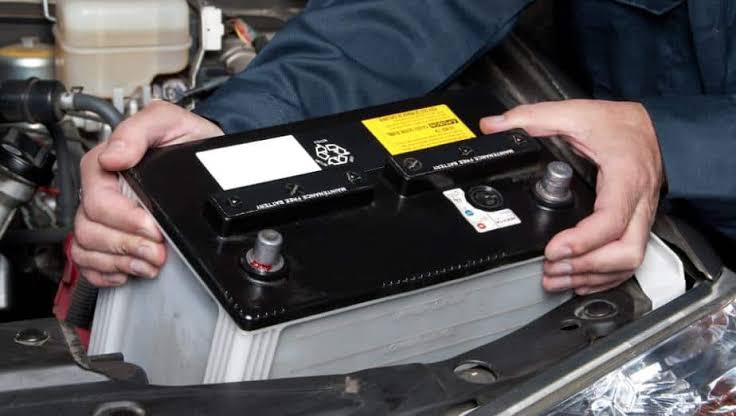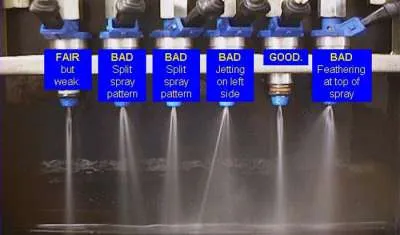Can I Use GM Coolant in a Dodge?

When it comes to maintaining your car’s cooling system, one of the key components is choosing the right type of coolant. Coolant, also known as antifreeze, helps regulate the temperature of your engine and prevents overheating. But if you’re facing a situation where you need to top off your coolant and only have GM coolant on hand, you may be wondering, “Can I use GM coolant in a Dodge?”
Let’s dive into this question and explore whether GM coolant is compatible with your Dodge vehicle and what you need to know before making that decision.
What Is GM Coolant?
GM coolant, typically known as Dex-Cool, is a type of coolant formulated by General Motors. It’s an organic acid technology (OAT) coolant designed for use in GM vehicles. Dex-Cool is a long-life coolant that lasts up to 150,000 miles or five years, offering protection against corrosion and rust in the engine and cooling system.
GM coolant, while effective in GM vehicles, is formulated for the specific needs of GM engines and may have different chemical properties compared to the coolant used in other car manufacturers, such as Dodge.
What Kind of Coolant Does Dodge Use?
Dodge vehicles generally use hybrid organic acid technology (HOAT) coolant. This type of coolant is a mixture of both organic acids and traditional additives, offering a longer service life and better protection against freezing and boiling points. The HOAT coolant used in Dodge vehicles typically comes in a specific color, such as orange or pink, depending on the manufacturer.
Unlike GM’s Dex-Cool, Dodge uses a different formulation of coolant to meet the unique needs of its engines. The coolant in your Dodge is designed to provide optimal performance and protection for your specific vehicle.
Can I Use GM Coolant in a Dodge?
Technically, it is possible to use GM coolant (Dex-Cool) in a Dodge, but it’s not recommended. Here’s why:
1. Different Formulations
GM coolant and Dodge coolant have different chemical compositions. GM coolant is typically based on organic acid technology (OAT), whereas Dodge vehicles usually require hybrid organic acid technology (HOAT). The chemical differences can affect the overall performance of the coolant, especially in terms of corrosion protection, and may not provide the same level of protection in a Dodge engine.
2. Corrosion Protection Issues
The main purpose of coolant is to protect the metal components of your engine and radiator from corrosion and rust. Using the wrong type of coolant can reduce the corrosion protection properties, especially if mixed with another type of coolant that doesn’t have the same corrosion inhibitors. In the long run, this could lead to internal engine damage.
3. Warranty Concerns
If your Dodge is still under warranty, using the wrong type of coolant could void the warranty or lead to complications if repairs are needed. Manufacturers typically recommend using the specified coolant to maintain the integrity of the engine and cooling system.
4. Mixing Coolants Can Be Problematic
If you mix different types of coolants (e.g., GM coolant and Dodge coolant), it could cause the coolant to break down and lose its effectiveness. It could also lead to the formation of gel-like substances, which could clog the radiator and cooling system, leading to overheating or potential engine damage.
What Should You Do if You Run Out of Dodge Coolant?
If you find yourself needing coolant but only have GM coolant (or Dex-Cool) on hand, it’s better to avoid using it in a Dodge vehicle. Instead, follow these steps:
1. Check Your Owner’s Manual
The best place to confirm the type of coolant recommended for your Dodge is the vehicle’s owner’s manual. It will provide clear guidance on the exact type of coolant to use.
2. Use the Correct Coolant
If you don’t have the recommended Dodge coolant available, try to find a coolant that is compatible with your vehicle’s requirements. Many aftermarket coolants are formulated to meet the standards for different vehicles, including Dodge.
3. Top Off with Distilled Water
If you can’t get your hands on the right coolant right away and the coolant level is low, you can add distilled water to prevent the engine from overheating. However, this is only a temporary solution until you can get the correct coolant.
4. Flush the Coolant System
If you’ve accidentally added GM coolant to your Dodge, it’s important to flush the cooling system and replace the coolant with the proper fluid as soon as possible to avoid long-term damage.
Can I Mix GM Coolant with Dodge Coolant?
In general, mixing different types of coolant is not advisable. Although some coolants are marketed as “universal” or “compatible” with multiple types of engines, it’s always safer to use the specific coolant recommended for your vehicle.
If you absolutely must mix coolants temporarily, ensure that both types are of the same base chemistry (e.g., both OAT or both HOAT), though this is still not recommended. Mixing different types of coolants can lead to potential issues such as:
- Reduced cooling performance
- Corrosion and rust in the engine
- Clogging of the radiator or cooling system
Conclusion
In summary, it’s not recommended to use GM coolant in a Dodge. While it might work temporarily, using the correct type of coolant ensures optimal performance and protection for your engine. Dodge vehicles typically require HOAT coolant, while GM uses Dex-Cool. Mixing coolants or using the wrong type can lead to corrosion, reduced engine protection, and potentially void your warranty.
If you ever find yourself in a bind, it’s important to flush the cooling system and refill it with the proper coolant as soon as possible. Always consult your vehicle’s owner’s manual to ensure you’re using the right coolant for your Dodge and keep your engine running smoothly!





